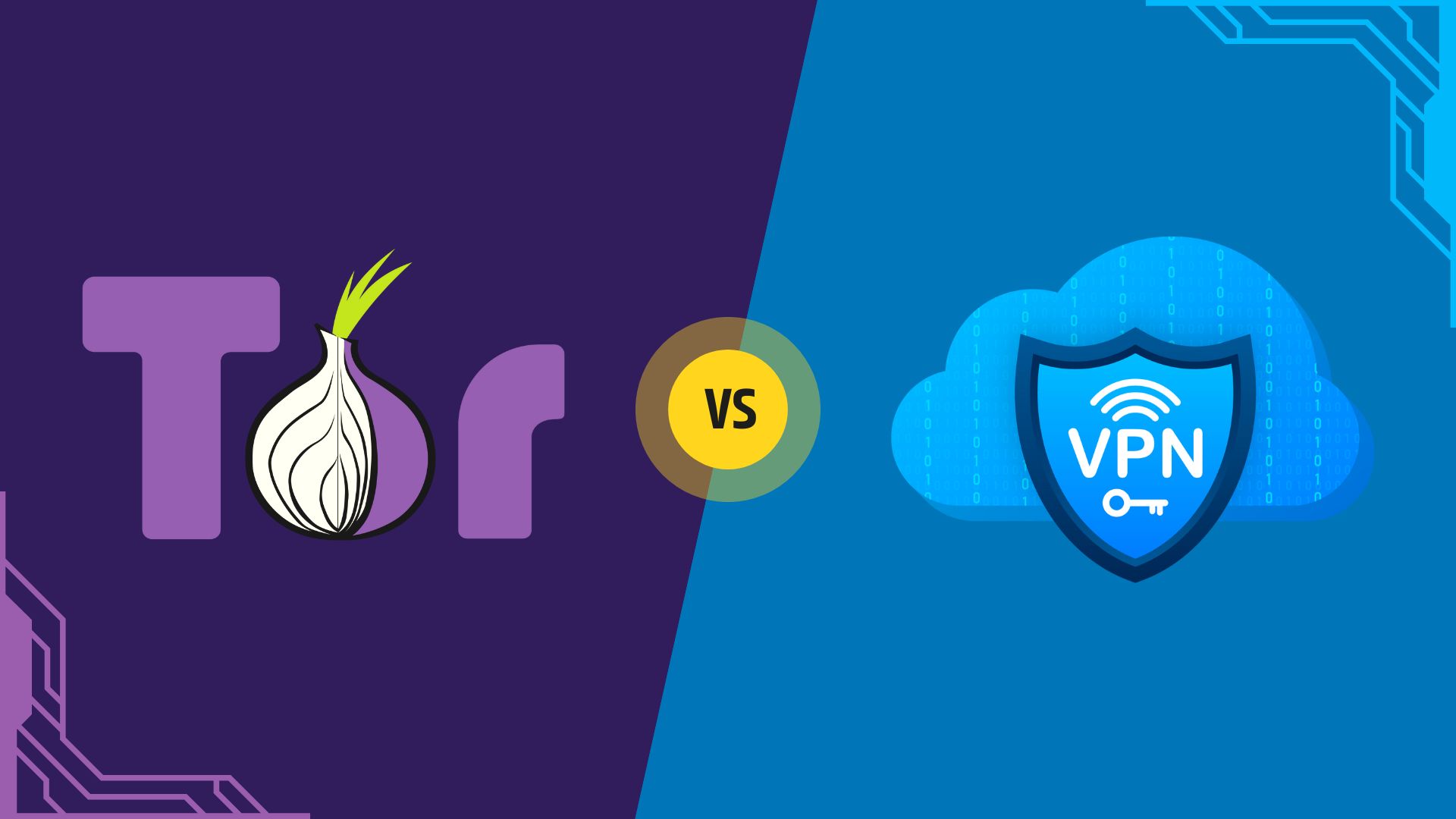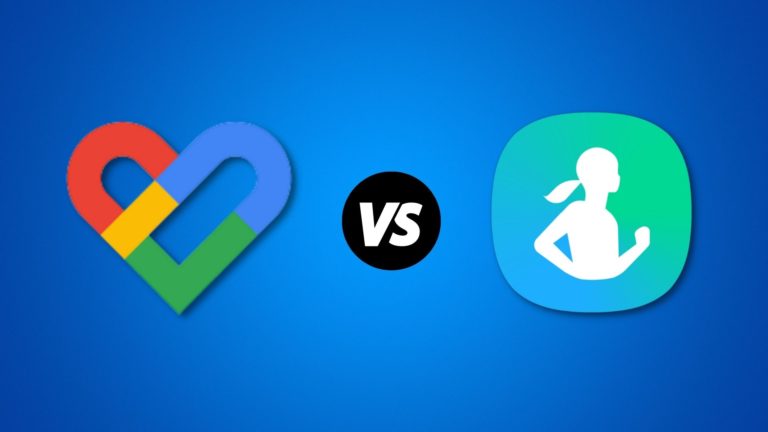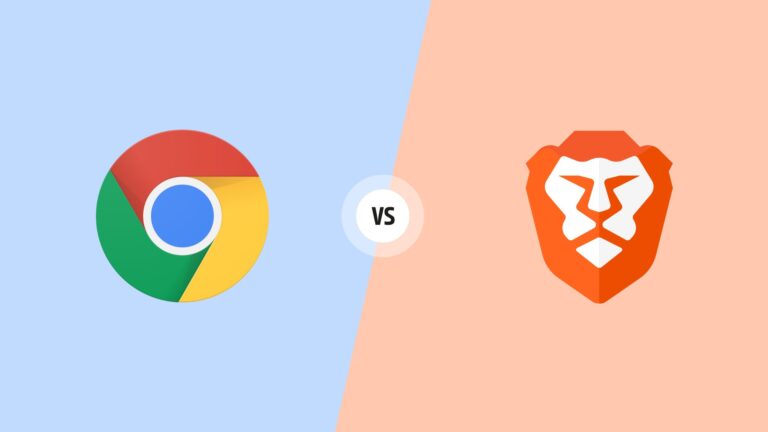Both VPN and Tor provide online security, but few people consider VPN with Tor or Tor over VPN. What is the difference between them? The purpose of this article is to answer that question and explain precisely whether you should use Tor or VPN.
What is Tor?
Tor stands for ‘The Onion Router’ and they’re a non-profit organization that develops digital privacy tools. Tor is a tool designed to protect your digital identity, and it’s one of the company’s products.

When you browse the web using Tor, all your online activities are encrypted, and all of them travel through the Tor network, ensuring that all your online activities remain private. But how does the Tor browser do that exactly? Tor essentially applies three layers of protection:
- First, your data goes through the Entry node. The only one that would know who is accessing the connection.
- After that, the connection is routed through a Middle node then into the exit node.
- The Only Exit node knows what data is outputted but not where it comes from.
Pros & Cons of Tor Browser
There are a lot of advantages to using the Tor browser, but the most important is that it is free. The Tor browser can be downloaded for free, and if you are more advanced, you can even download the open-source project and modify its code yourself. Tor is also a very user-friendly browser. It’s super easy to use. Finally, one of the most important advantages of the Tor browser is its protection of your privacy. If you are concerned about your privacy, how does Tor protect you? By not disclosing your IP address to websites you visit.
There are a few downsides to it. Due to the many relays your internet traffic passes through, a decrease in your connection speed is inevitable. Videos and photos take a long time to load.
In addition to its disadvantages, the Tor browser also has the disadvantage of being blocked by many web services. Eventually, this can become very annoying. It’s also worth mentioning that using the Tor browser can put you in legal trouble. Anyone can use the Tor browser. This means that if someone in the Tor network is engaging in an illegal act, and you are the Exit Node, then you can find yourself in serious trouble, as the traffic will be traced to you, even if you have nothing to do with it.
What is VPN?
A VPN is an acronym for Virtual Private Network, and it’s a tool that is built to change your IP address while encrypting your traffic. While the tool used to be reserved for IT experts and employees of major corporations to access sensitive information privately, it has now become a must-have tool for the everyday internet user.

How does a VPN work exactly? Let’s take a closer look at how it works. All VPN services have servers located around the world. When you connect to one of their servers, your internet traffic travels through this server before reaching the internet. Additionally, your IP address is temporarily changed to that of the VPN server you’re connected to. As your device will appear to be in a different location because your IP address has changed to the IP address of the server you’ve chosen, you can also access the resources of that local network securely. So basically, if you connect to a US based server, you’ll be able to watch all the movies they have on the US Netflix.
Pros & Cons of VPN
Your traffic is not routed through multiple servers like in the Tor browser, so you get a decent internet connection. Even though you’ll experience some speed loss, it’s much better than the Tor browser.
You can also unblock blocked content with a VPN. With a VPN, you can access everything on the internet no matter where you are. Switching your location can trick a website into believing you’re in a different country if a service or site is blocked in your country.
In addition, your IP address is also under your control. Your IP address reveals so much about you online. With a VPN, you can simply change your IP address and make it harder for anyone to identify you. And finally, a VPN encrypts all your traffic. Unlike the Tor browser that encrypts when you ask it to, a VPN encrypts all the internet traffic being generated by your computer. This means it’s more secure than Tor.
There are also a few downsides to using a VPN. First of all, it’s not free. Free VPNs are available, but they are usually unreliable. To enjoy the best VPN service, you’ll need to subscribe.
Another downside to VPNs is the fact that the service providers are able to monitor what you are doing on the internet. Some VPN providers even log your activity. You should check any VPN service’s privacy policy before committing to it and make sure it doesn’t collect, store, or share your personal data.
Is Tor more secure than a VPN?
The Tor network encrypts data as it travels between nodes. The End Node of communication, however, is not encrypted, so the website has to decrypt the message to understand it in a way that hides your traces, but not your content. Therefore, it’s important to ensure that the request contains no identifying information. When it comes to VPN services, the best ones use RAM-Only servers. So the data is encrypted and it can’t stick around.
The fact that your data passes through just one server and then gets encrypted with just one layer makes a VPN feel inferior. In many cases, that’s the standard, but other VPNs offer extra features to add layers of security, like double VPN for VPN-to-VPN connections.
Should you use a VPN with Tor?

You can use Tor and VPN together: your ISP will have no idea, encryption adds an extra layer of security, and the triple node system is very secure by itself. The benefits of using VPN and Tor together are pretty apparent.
Even that isn’t perfect. Tor slows down the internet already, so when I use Tor with a VPN, I get even slower speeds. Additionally, you cannot choose the exit node when setting up Tor over VPN.
However, you can use VPN over Tor instead. This way, your exit node will depend on the VPN configuration, but I don’t recommend doing that.
The whole purpose of the Tor over VPN maneuver is to hide from your ISP, increase security, and prevent the entry node from knowing your identity. VPN with Tor invalidates those things completely.
The Below table perfectly summarizes the difference between these two ways of using VPN with Tor.
| Tor over a VPN | VPN over a Tor |
| Your Traffic is not protected at Tor’s exit nodes | Your traffic’s protected at Tor’s exit nodes. |
| Your ISP can’t see that you’re using Tor, but can see that you are using a VPN. | Your ISP can’t see that you are using a VPN but can see that you are using Tor. |
| Some sites might block you because they see Tor traffic. | Allows you to access sites that block Tor traffic. |
| Can access .onion sites. | Can’t access .onion sites |
| Tor entry nodes can’t see your real IP address | Tor entry nodes can see your real IP address |
| Dosen’t allow your Tor node host to see your real IP address. | Allows your Tor node host to see your real IP address. |
Conclusion: Which one is Better?
Overall, both Tor and VPNs are built to protect your digital privacy, but I believe VPNs are much better. While Tor is free, it comes with too many downsides to take it seriously. It’s slow, it’s been blocked by some sites, and just being a user can land you in serious legal troubles. On the other hand, VPNs are super-fast, secure, can unblock any website, and put you in complete control of your IP address.






